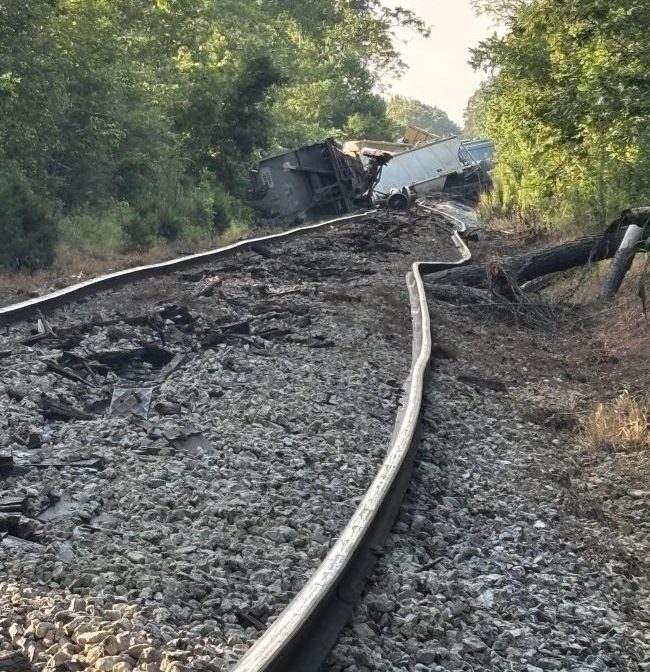Panola County Road Funds
Published 12:00 am Tuesday, July 21, 2009
By Billy Davis
Panola County road manager Lygunnah Bean, concerned about overspending $1.6 million needed for three summers of roadwork, said he plans to press his five bosses about how to allocate the funds.
“I got all their lists and it’s over what I want to spend,” reported Bean, when The Panolian asked him to describe coming road improvements.
Trending
Bean, sounding upbeat, had announced to supervisors on July 13 that overlaying of county roads would begin within days. But he sounded more worrisome days later when a final tally of supervisors’ requests gobbled up more than one-third of the $1.6 million.
Bean hopes to stretch the $1.6 million across three summers, spending an equal amount each year.
The road manager now says he intends to broach the topic Wednesday, when supervisors expect to meet for their first budget meeting.
“I have not purchased one rock,” Bean said. “And I won’t until all sides are in agreement.”
Panola County’s hot, dry summers typically coincide with an annual ritual of road paving and resurfacing. To fund the program, past boards have used short-term notes that eventually became exhausted, according to former Administrator David Chandler.
With no funds left to spend, the present Board of Supervisors opted to skip a summer of road improvements last year rather than raise taxes. Instead, about $1 million in State Aid funds was used to resurface some county roads.
Trending
This year, faced with a tight budget, supervisors opted to issue a five-year bond. But the various road projects have been delayed for half the year while the bond worked its way from an idea to a board vote, then to a legal notice.
Road department figures show the county expects to spend $16,742 in materials for a mile of resealing.
The cost is slightly higher, $17,419, to fill in dips and low spots, then reseal the mile of paved road.
To stretch the funds, Bean has asked supervisors to submit paved roads for resealing rather than gravel roads for paving, which is more expensive.
Supervisors have agreed to submit 10 miles per district for the current year, which would mean the board will oversee 50 miles of road improvements despite a tight budget year.
The county road manager has good reason to report on the road figures: a flurry of road projects in 2007 consumed the summer funding, then gobbled up more than $500,000 of the road department’s regular budget.
Those road improvements, done during an election year, required an inter-loan fund from the county to shore up the road department’s deficit.
Bean endured criticism over the spending and eventually blamed supervisors in public meetings for demanding the roadwork despite the excessive costs.
The current county board has agreed to distribute the funds evenly among the five county districts, said board president Gary Thompson.
“The money needs to be well spent and evenly distributed,” said Thompson. “But the main thing is to spend it wisely and to not overspend.”





